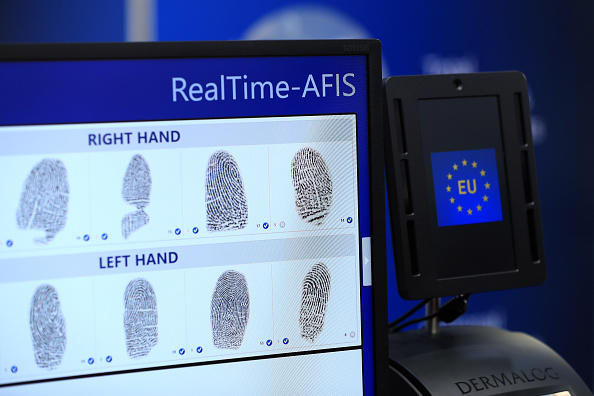For those planning future travels within the European Union, your experience might become a little more interesting. Last week, the European Parliament voted to connect border-control, migration, and law enforcement systems into a database on both EU and non-EU citizens.
The Common Identity Repository (CIR) will combine biographical identities, compile biometric data, and make it available to law enforcement and border authorities.
In a statement, Rapporteur Jeroen Lenaers said:
“Without changing access rights or endangering the data protection rules that govern them, interoperability will ensure faster, more systematic and more complete access to EU information systems for professionals on the ground: police officers, border guards, migration officers and consulate staff members, in order for them to do their job better. Better decisions can be made on the basis of better information.”
Generally, biometric data refers to physical characters that can be measured or calculated. In the case of CIR, it will include facial scans, along with fingerprints.
According to ZDNet, CIR will unify the records of over 350 million people and CIR will “become one of the biggest people-tracking databases in the world.”
The fact that the database is being created by the European Union is a little ironic because the EU has some of the most strict data laws in the world. Its General Data Protection Regulation (GDPR) has served as inspiration for Washington’s proposed privacy laws and California’s Consumer Protection Act.
Critics of the program note that it will be “unnecessarily invasive” and could not only undermine the EU’s own laws, but it could “lead to serious rights violations, especially for migrants and minorities,” as noted by Politico Europe.
The outlet also reported that a single EU information system was actually proposed back in 2010, but the European Commission said it would “constitute a gross and illegitimate restriction of individuals’ right to privacy and data protection.”
The use of biometrics in order to monitor borders is nothing new, but advocates are concerned as the systems begin to expand.
A European Commission official reportedly told Gizmodo that they didn’t “think anyone understands what they’re voting for,” in regards to the EU’s recent vote.
Meanwhile in the United States, the government is testing facial recognition technology at airports on international flights.

